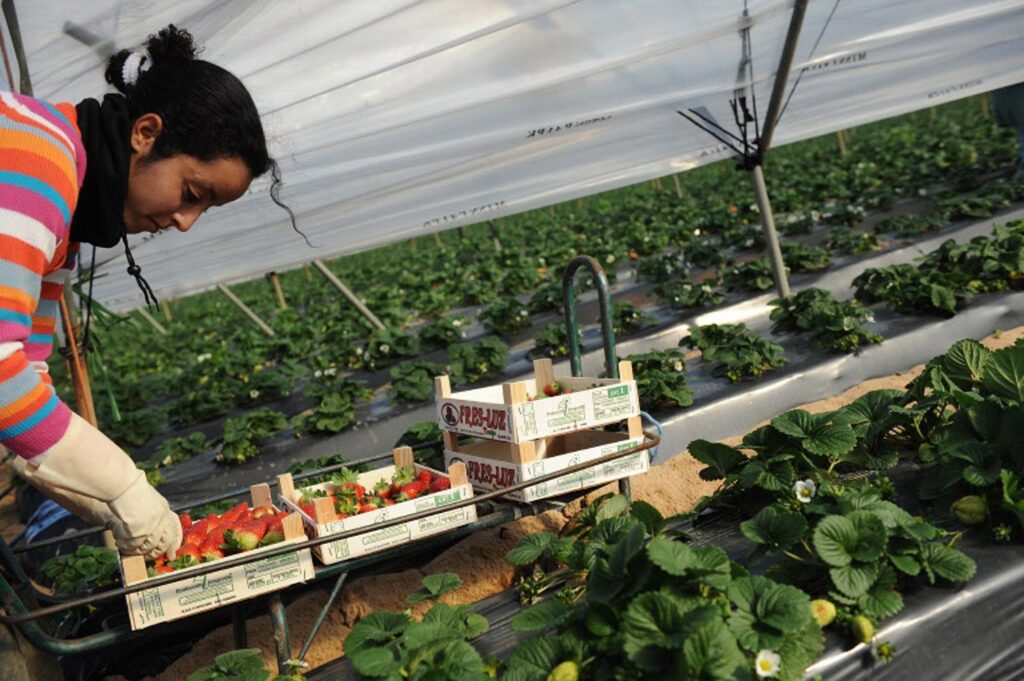Migrants working in Europe’s agricultural sector are systematically exploited, according to a report released on Wednesday by Oxfam and the Spanish University of Comillas. The report highlights harsh working conditions, low wages, and limited access to essential services for these workers.
According to recent figures from the European Economic and Social Committee, about 2.4 million seasonal workers are employed within the EU. Europe’s agricultural sector recruits migrants from the newest EU Member States, such as Romania and Bulgaria, and from third-party nations. Some of these workers lack the appropriate residency documents.
Many hope to secure residency through employment contracts, placing significant power in employers’ hands. This dependency escalates the risk of exploitation and discrimination for workers. Oxfam cites examples of Thai berry pickers in Sweden working between 12 to 19 hours daily.
For this report, Oxfam examined the situation in nine EU countries: Finland, Sweden, Germany, Greece, France, Italy, the Netherlands, Poland and Spain. In all these countries barring Finland, migrant workers earn less than the minimum wage and women are paid less than their male counterparts, with a 30% difference in Italy, for instance.
Many employers deduct costs for basic needs, such as accommodation, food, and compulsory protective equipment from wages, often at inflated prices. Workers generally lack the means to challenge these practices, fearing wage refusal or dismissal.
Related News
- Ghent uncovered as a hub for labour exploitation of Bulgarians
- European unions back calls for work permits for sans-papiers
Accommodation provided by employers also often leaves much to be desired. Migrant workers are routinely housed in containers or homes without running water or electricity. Some workers lack accommodation altogether and are left homeless, Oxfam laments. The organisation also reports cases of abuse and sexual harassment.
“European leaders can no longer ignore the exploitation hidden behind the agricultural sector, appearing in every European’s shopping basket,” comments Oxfam’s Nerea Basterra. She expresses hope, however, in the new European supply chain law, predicting that, appropriately implemented, it could end the exploitation of seasonal workers.

